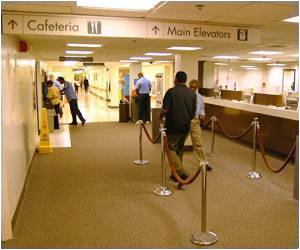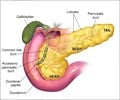Frequently Asked Questions
1. Which doctor should I see for Whipple’s procedure?Your primary care doctor will order appropriate imaging tests based on your physical exam, history and blood tests. A hepatobiliary surgeon is consulted to consider candidacy for a Whipple’s procedure. Surgical Gastroenterologists and oncologists are also consulted depending on the underlying disease.
2. What are the symptoms of pancreatic cancer or pancreatitis?
Back pain or stomach pain, jaundice and weight loss are the most common symptoms of pancreatic cancer. Symptoms of pancreatitis include abdominal pain radiating to the back, nausea, vomiting, fever and increased heart rate.
3. What are the risk factors for Pancreatic Cancer?
Family history, diabetes, smoking and alcohol are risk factors for this cancer. Besides this people who lead a sedentary lifestyle and who do not exrecise too can develop this cancer especially if they are obese. Poor dietary habits is also a risk factor. Plenty of vegetables and fruits help reduce the risk and has a protective effect. Alcohol consumption in long term can lead to chronic pancreatitis and this is a well known risk factor for the cancer of pancreas.
4. Can a Whipple’s Procedure be done using the minimally invasive approach using Laparoscopy or through Robotic Surgery?
Whipple’s surgery is a major surgical operation and requires a very experiences surgical team. There are a few hospitals that do offer this procedure using these minimally invasive approach. The advantage is faster recovery and discharge from hospital.
5. Can a pancreas transplant cure pancreatic cancer?
No. Pancreas transplant is most often performed to cure diabetes mellitus type I. Transplant in patients with pancreatic cancer is contraindicated because of the unacceptably high risk of tumor recurrence postoperatively.









